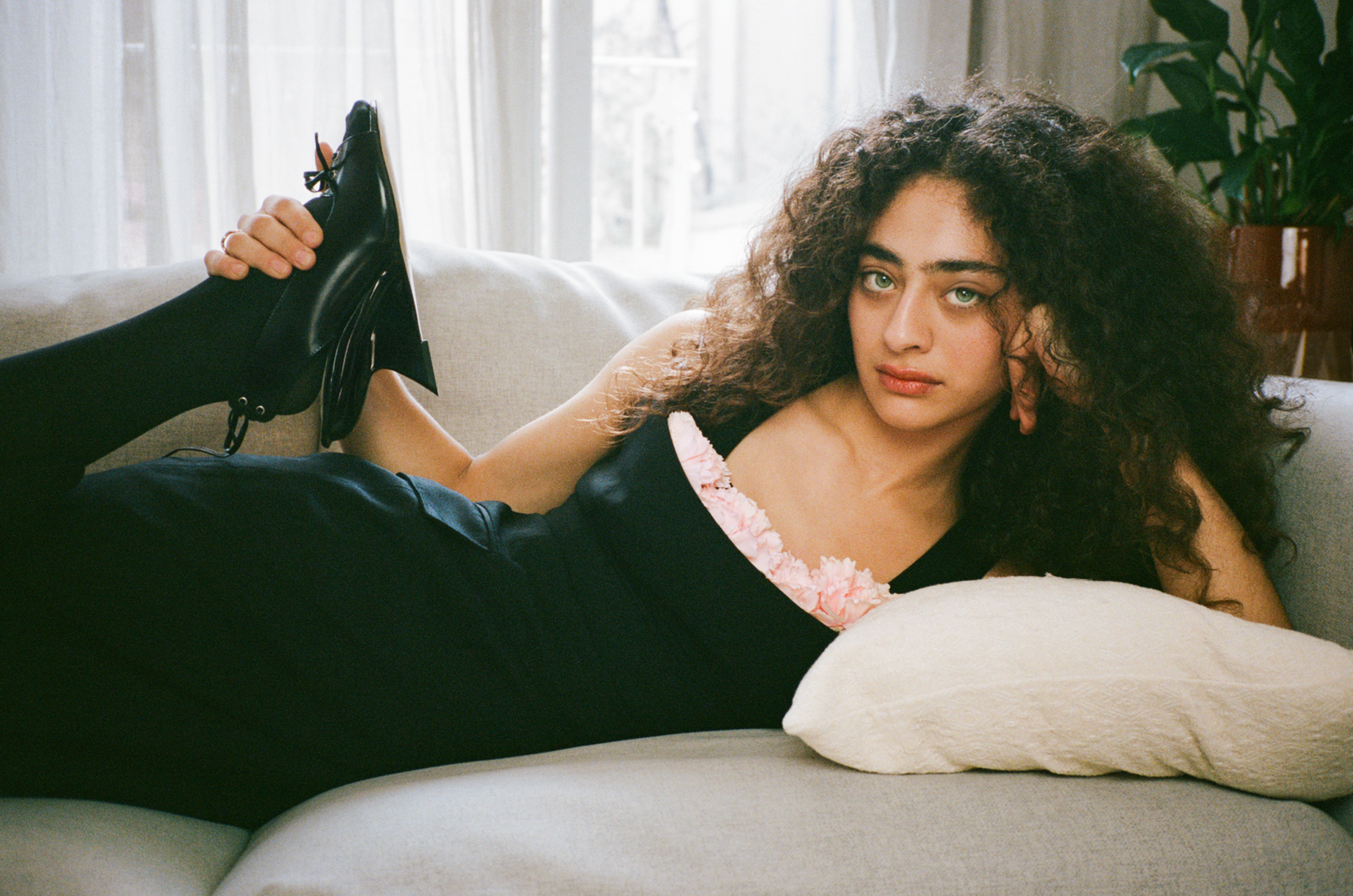
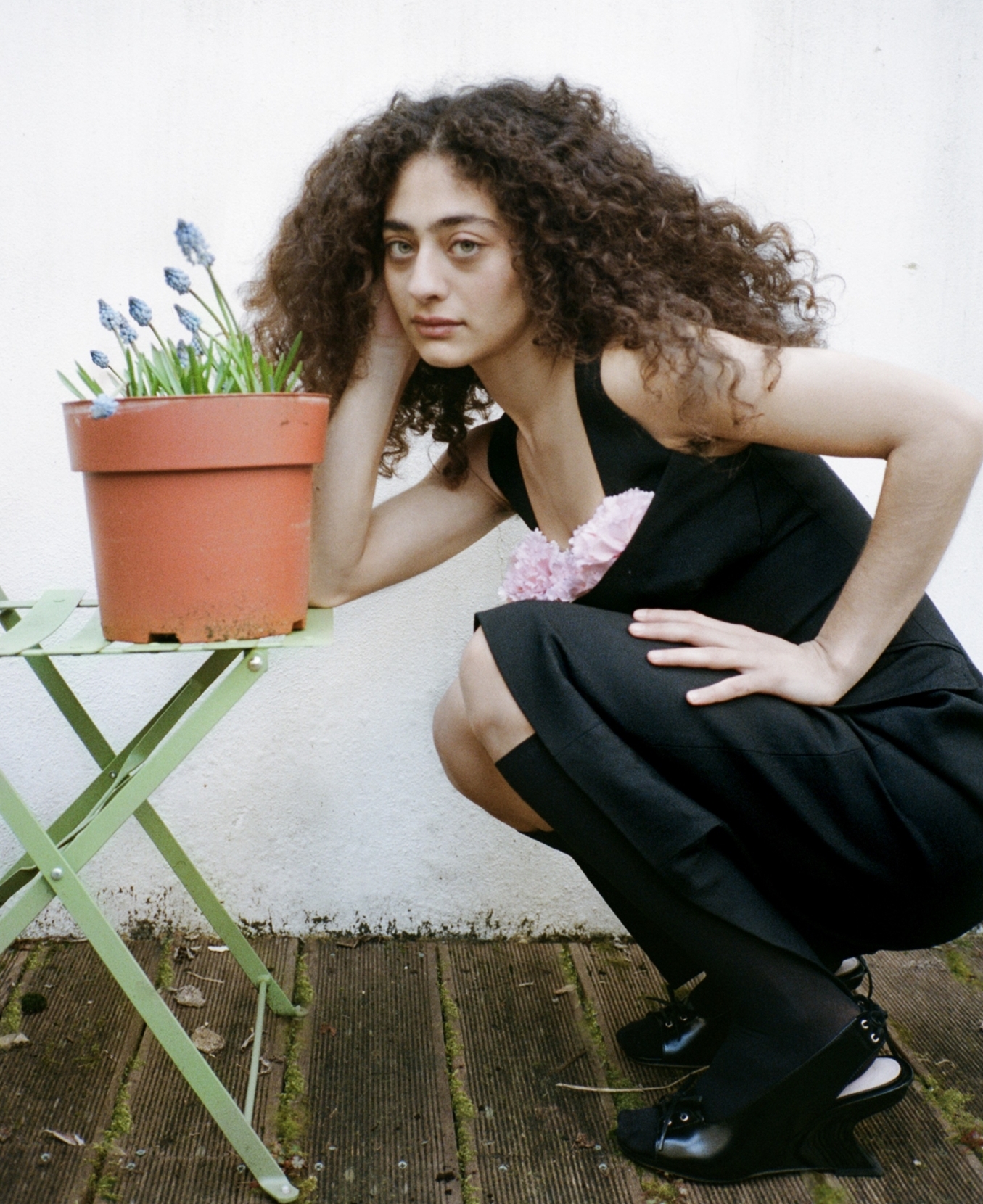
A Rabbit’s Foot spoke to Kurdish-British actor and model Deba Hekmat about her lead role in coming-of-age drama Last Swim, working with Luna Carmoon and why being tired of London means being tired of life.
Deba Hekmat is wide-eyed. It is a Wednesday in Bayswater and she has travelled up from the Old Kent Road where she lives, traversing the city on a bright, late March morning that portents warmer days to come. “This is why I love living in South London so much,” says the actor and model. “I can come here to West London and I’m like wow, this is crazy! It’s a completely different city, but it’s the same.”
Hekmat’s latest role explores the city as a vehicle for discovery. In Sasha Nathwani’s Last Swim, Hekmat, who is 23, plays Ziba, a British-Persian girl on A-Level Results Day. With 2 A-stars and a university place to study astrophysics, she also has a life-threatening illness that has kept her locked away all summer. She has an itinerary ready for a day of organised fun with her friends (they are suspicious, but unaware of her diagnosis). The plan, if completed, would culminate with Ziba, as we see in hypothetical flashforwards, plunging to the bottom of the Thames.
As a story of a woman who, over the course of one day, makes peace with her mortality and finds perspective in the pain of others, the story has some parallels with Agnès Varda’s Cléo from 5 to 7. Ziba, described (with painful accuracy) as a ‘Persian Hermione Granger’ by her best friend, learns to loosen up. “It’s the first time she is experiencing normal teenage things, because up until now she’s shut herself off from the world,” says Hekmat, sitting in a black coat in the shade of the studio garden where we are speaking. The group of friends travel from school to the Golborne Road (for a pitstop at Falafel King), before swimming in Hampstead Ponds, smoking weed, taking shrooms and watching a meteor shower—a rare celestial event.
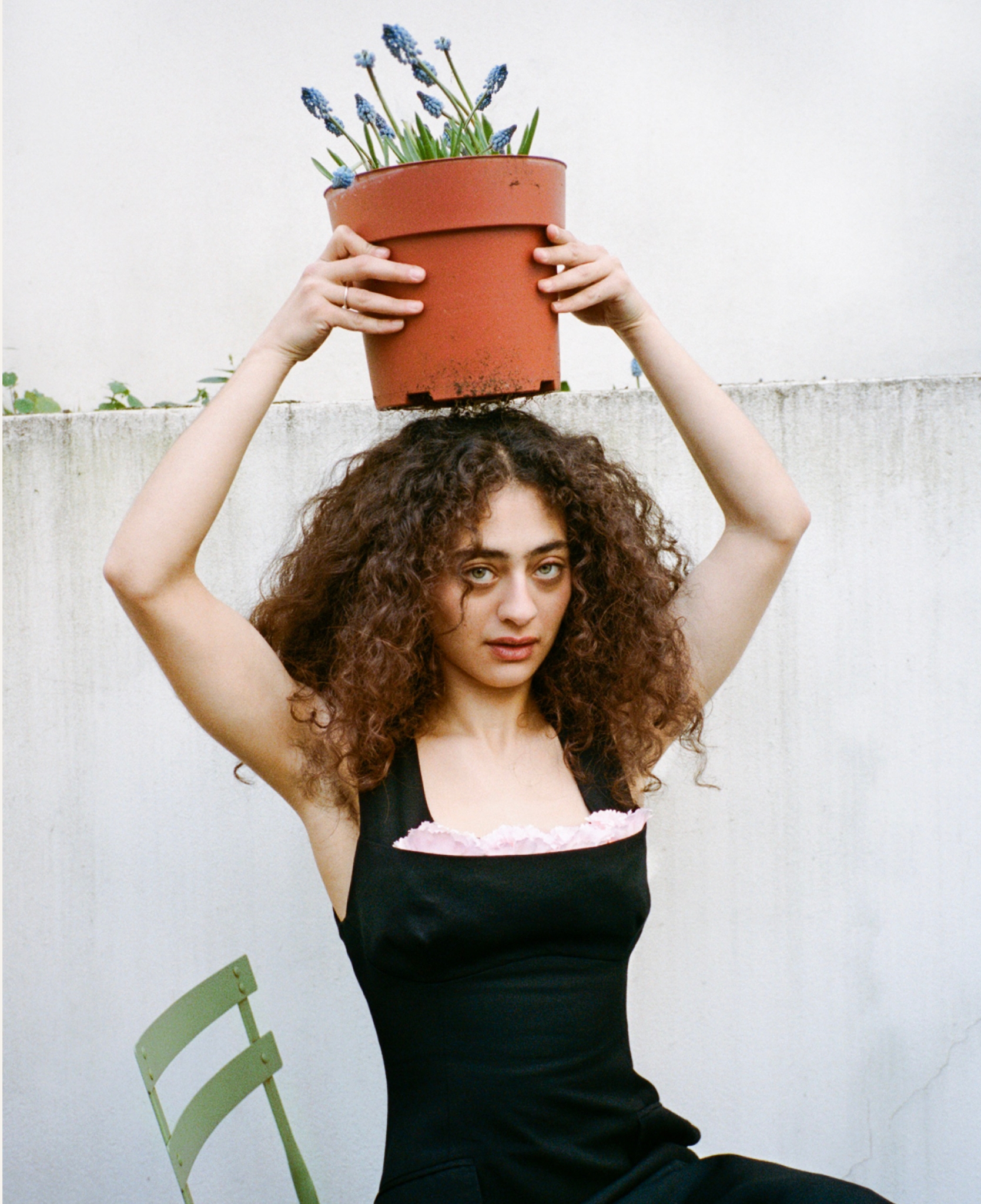
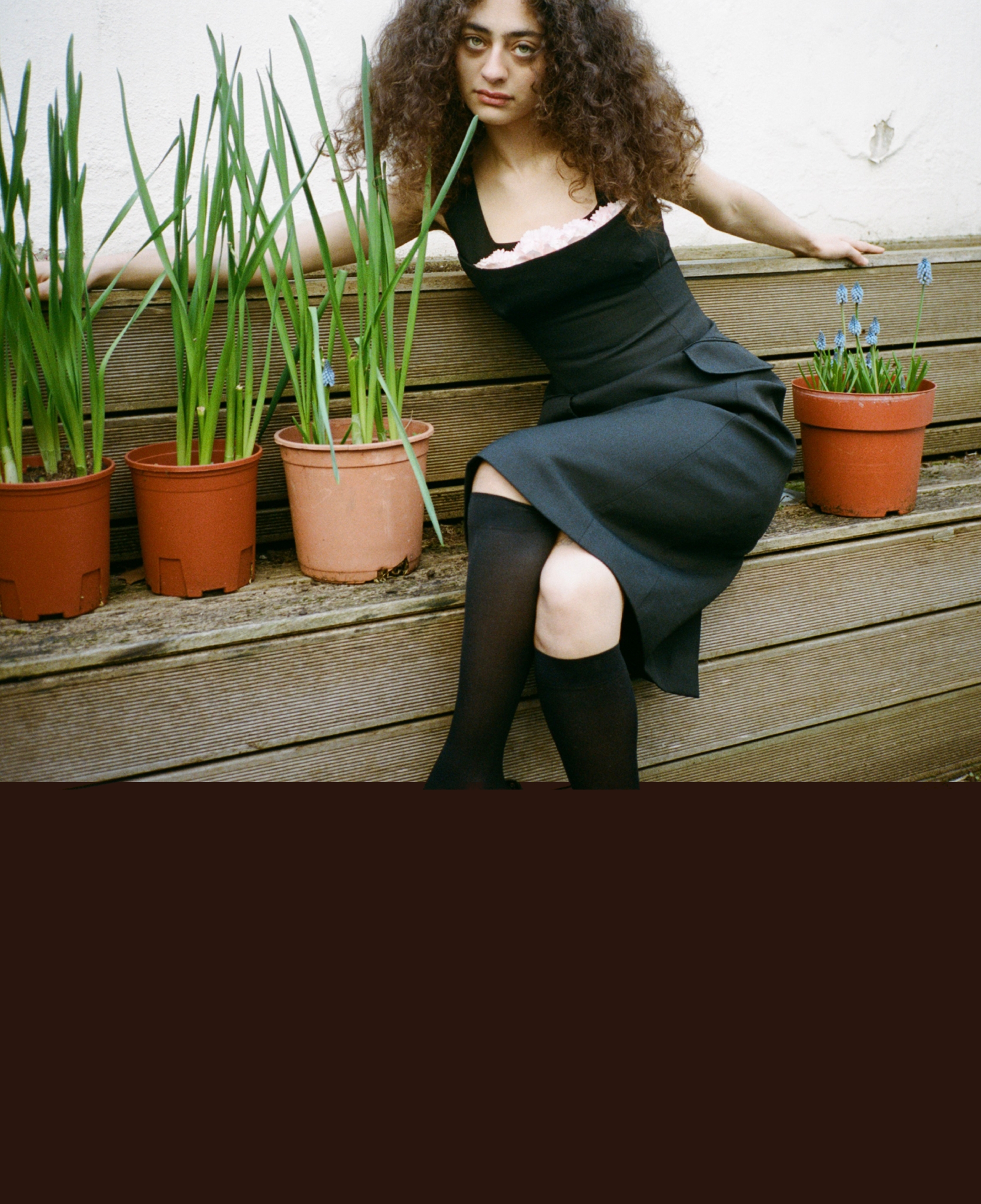
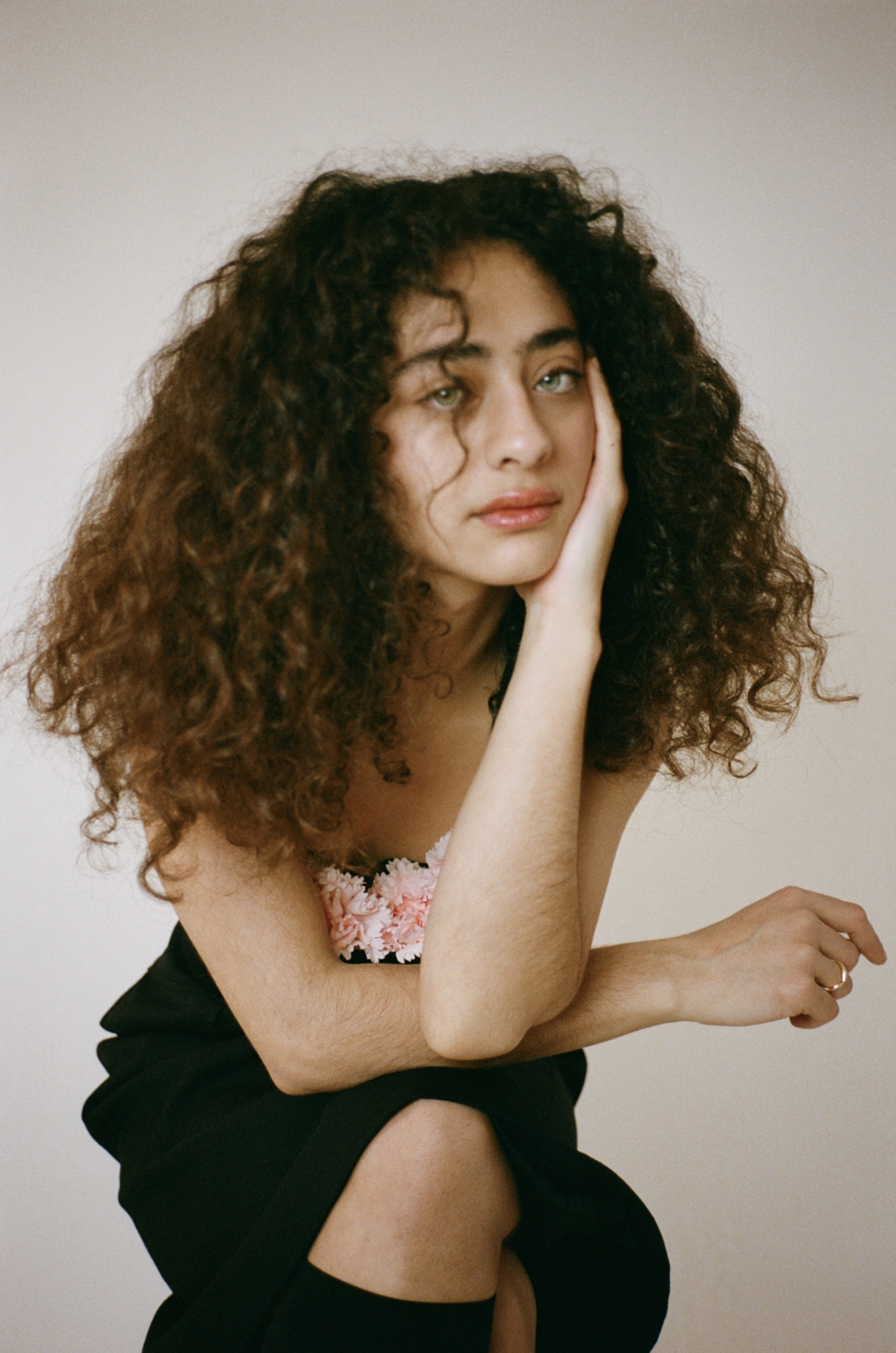
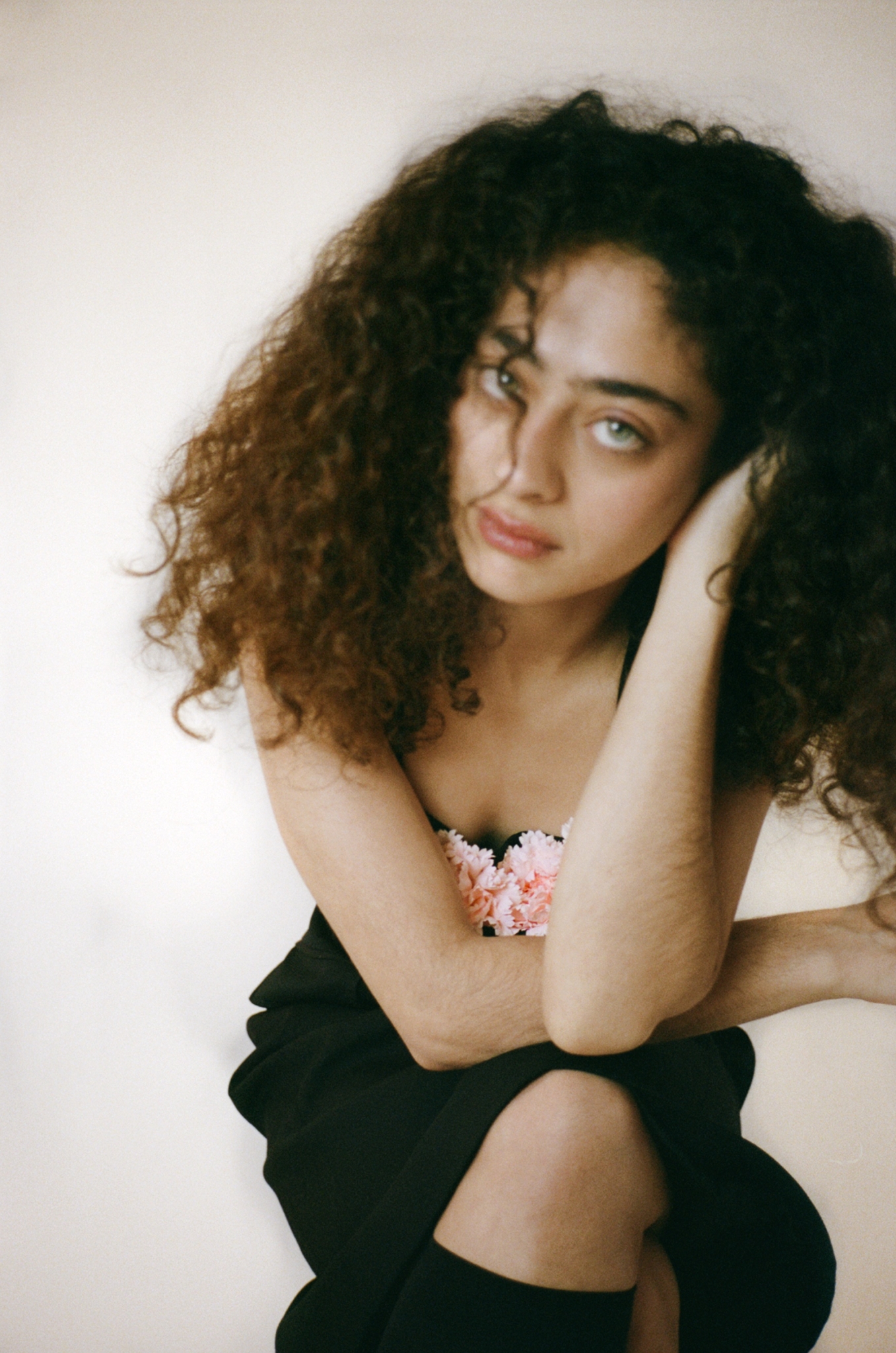
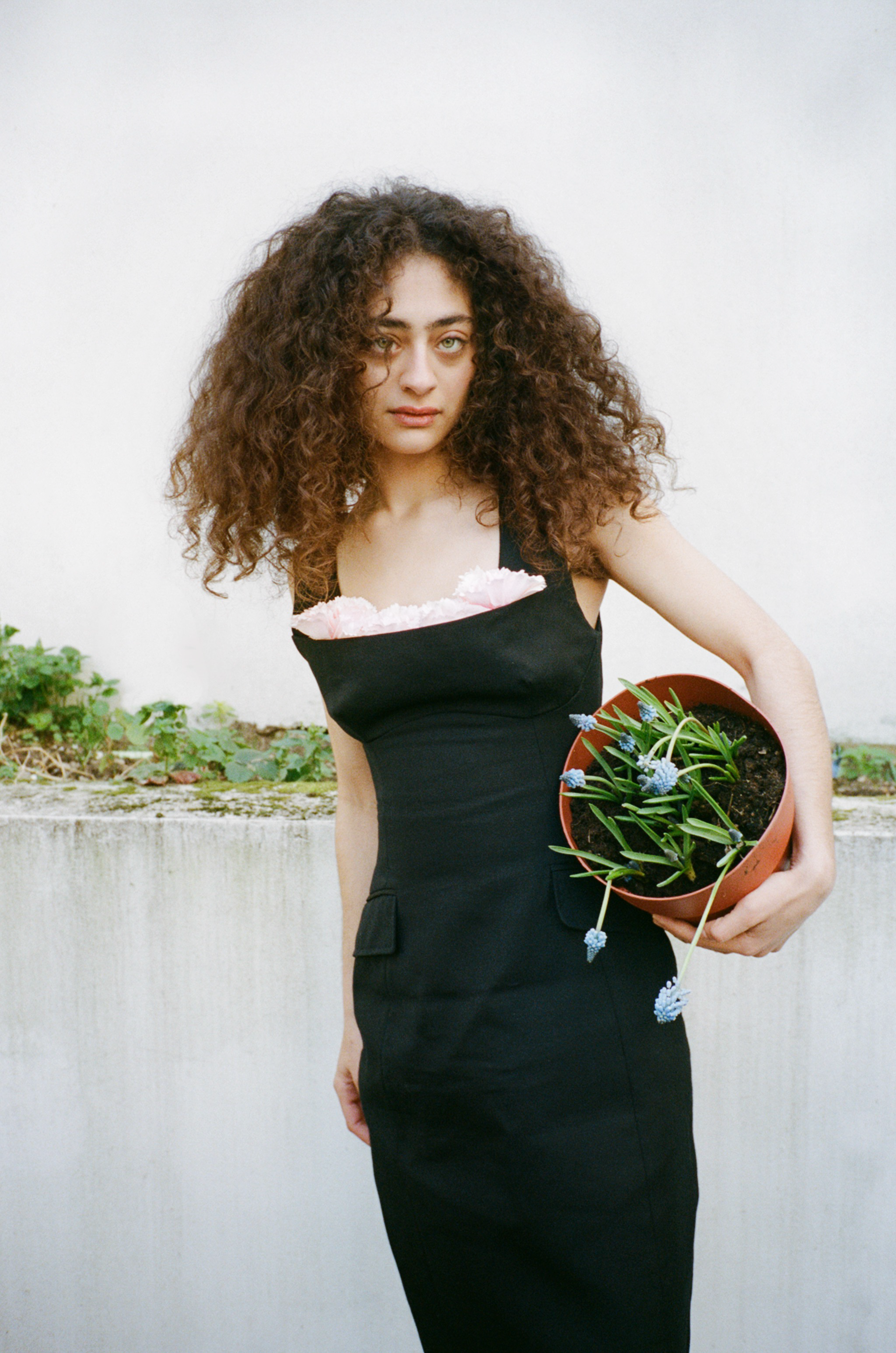
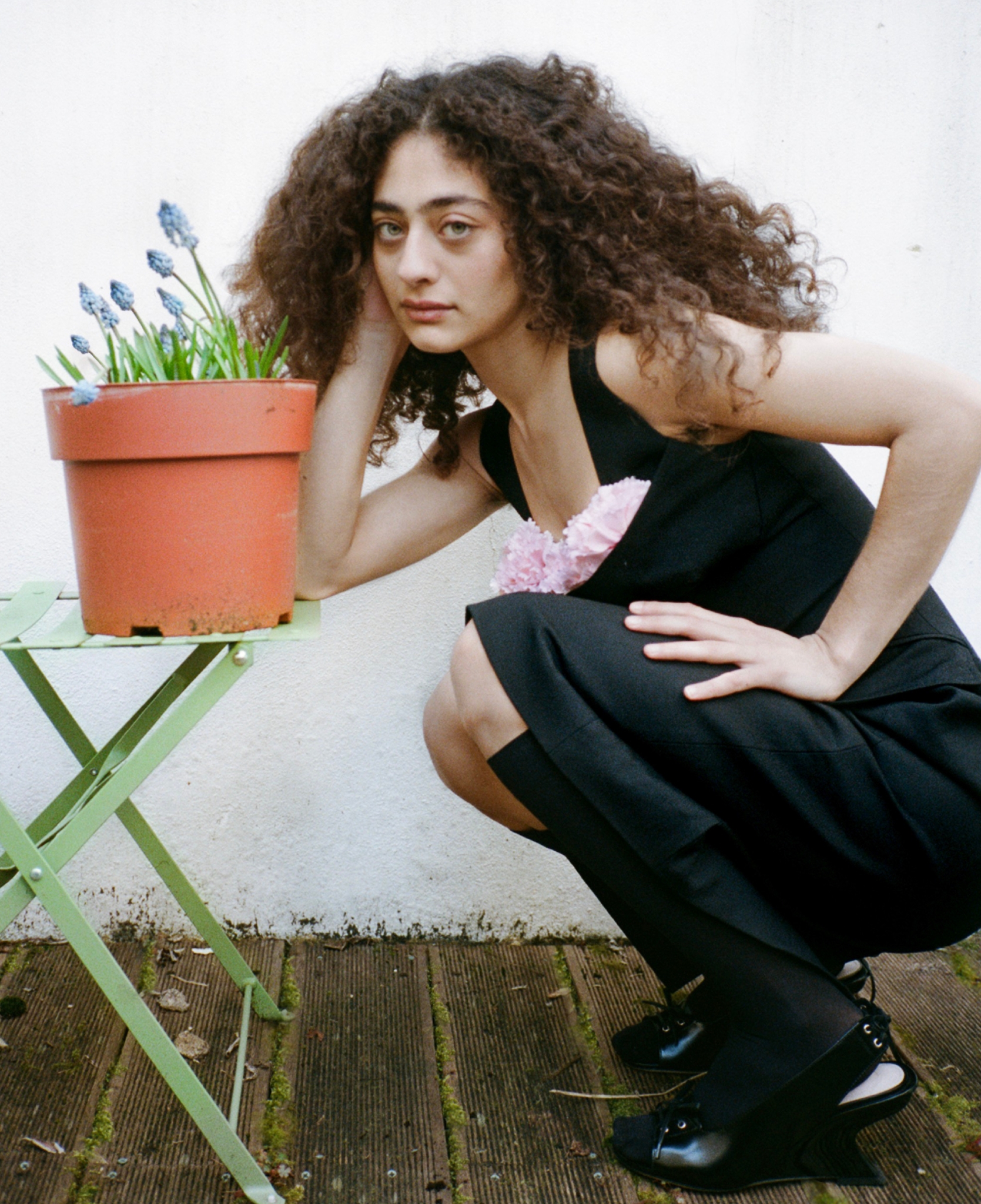
It is Hekmat’s first feature-length lead role, in a sundrenched, coming-of-age movie with real star breakout potential. “I was just like, incredibly overwhelmed, grateful that I was even considered to read for it,” she says. When Hekmat turned up for the audition, she assumed she had no chance. “It was a room full of actual actors—and the imposter syndrome kicked in. To be in a room with seven other girls that look like they could be your sister.” Hekmat called her friend on the walk home. “I was on the canal in Hackney and I called my friend crying,” she recalls. To her surprise, she got the role. “Not going to [drama] school, not going to any of these traditional avenues, I feel like I really just threw myself in the deep end.”
Hekmat started out as a model, leaving school at 16 and using her platform to promote Kurdish beauty and female body hair. (As someone with a natural monobrow, I distinctly remember seeing her for the first time). Her acting debut came in 2023 with Hoard, the visionary, BAFTA-nominated film by Luna Carmoon in which Hekmat plays Laraib, a small role in which Hekmat’s effervescence as a performer was deeply memorable. The actor describes Carmoon as a ‘beast’, who taught Hekmat that “we owe it to ourselves to be as much ourselves as we possibly can,” she notes. “People can see through fakeness very easily. And in a world where so much of it—to be blunt—is nepotism, connections, how you’ve been raised, the schools you’ve gone to—to have someone like Luna where she is from South East London, working class, but she has like a fire to her, and she will never never hide parts of herself.”
Whereas Laraib’s goofy, bubbly personality has much similarity with the real-life Hekmat, the swottish Ziba was more of a departure. “I’m literally the least educated person I know, but I’m fine. Not to say I’m dumb. I’ve got my shit going on,” says Hekmat. Another difference is that Ziba is also Iranian, meaning the actor had to brush up on her Farsi. “I was calling my mum every night,” she says. But more crucially, unlike Hekmat, Ziba is a West Londoner. “Sasha kept on being like—enunciate your Ts and say wah–ter,” that was the hardest part—getting her Britishness right.” Hekmat wears her London and particularly South London identity as proudly as she does her Kurdish heritage. “I owe everything to this city and I wouldn’t change it for the world. I always say you could give me a five-bedroom house in Bora Bora and I would stay in London. I love it. I love it so much,” she says. “What I love specifically about South London is that we are all in a massive bubble together. Race and identity and all of that stuff go out the window. I could have more in common with a white working-class person that lives two doors down from me than I do with some brown people in West London.”
Yet there were some commonalities between Hekmat and Ziba. “Our hunger to control everything and to just want everything to be structured in our way—when things don’t go my way, I start to panic a little bit,” she says. To access Ziba’s darker psychology, Hekmat tells me about a friend of hers who passed away a few years ago from cancer. “Watching other people’s relationship with mortality and death… to see someone who really didn’t want to go, but life was still taken from him, unfairly, compared to other people in my life where they did want to leave everything but still managed to find a way out of it. It’s making me not well up, but like tight,” she explains sadly, holding her throat.
Although not always sensical logistically (“No 16 year old in their right mind would go from West to Central to back West to go up North in one day,” jokes Hekmat), the film, with its euphoric soundtrack is wholly evocative of those long hot days of youth. The actor cites the Kidulthood series, when I ask her about her own formative viewing as a teenager. “It’s London through and through.”
“I owe everything to this city and I wouldn’t change it for the world. I always say you could give me a five-bedroom house in Bora Bora and I would stay in London. I love it. I love it so much.”
Deba Hekmat

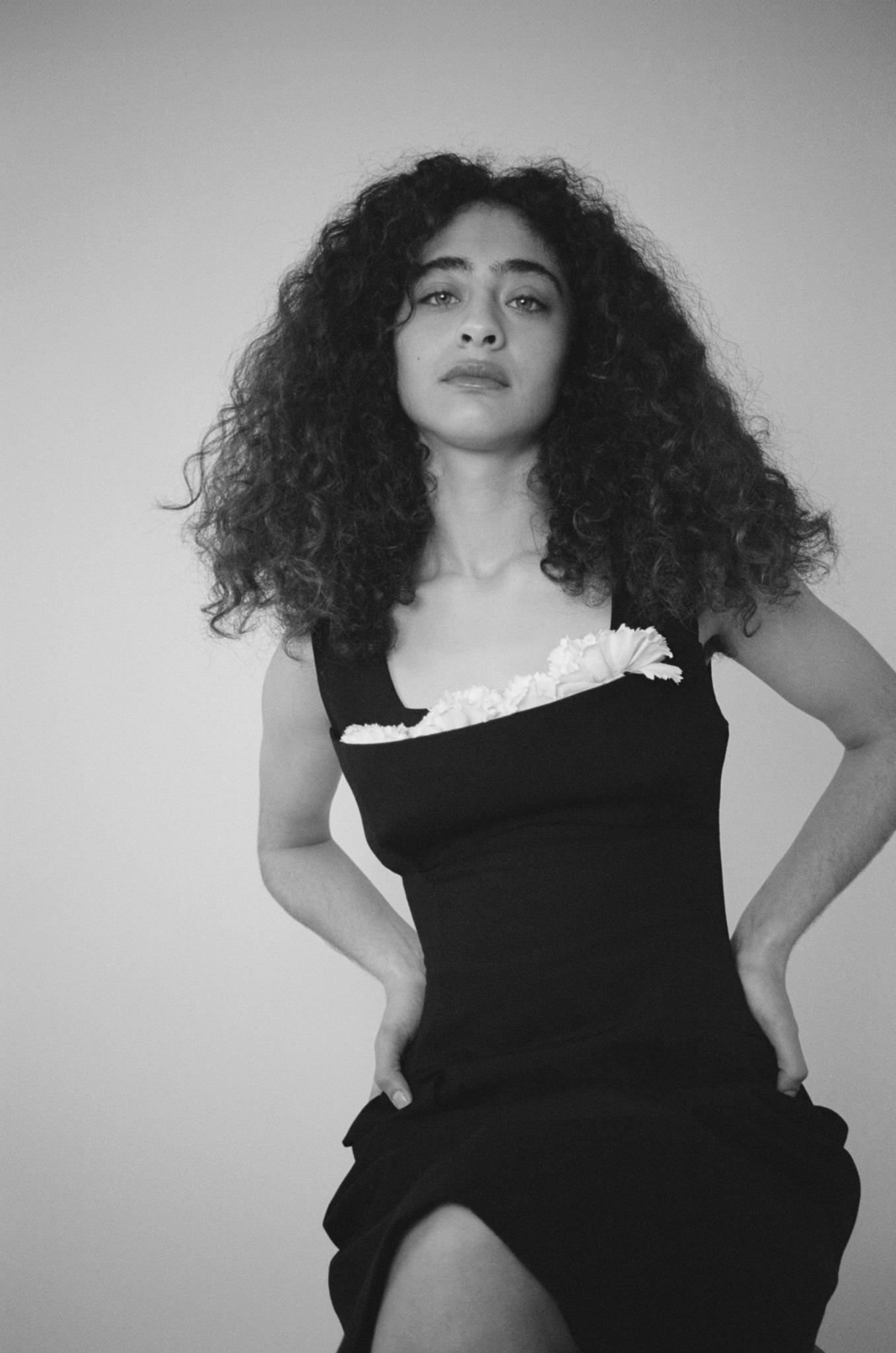
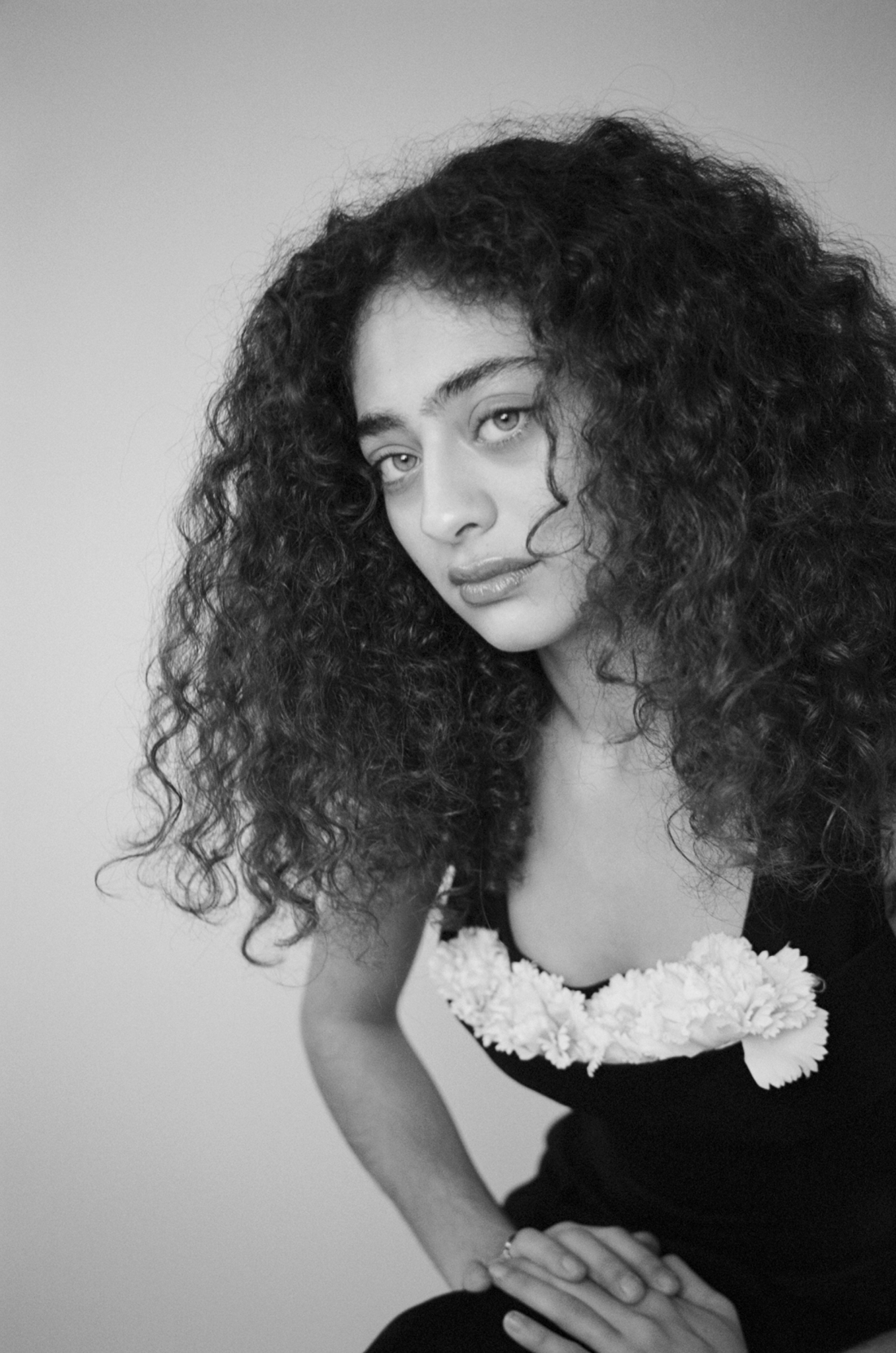
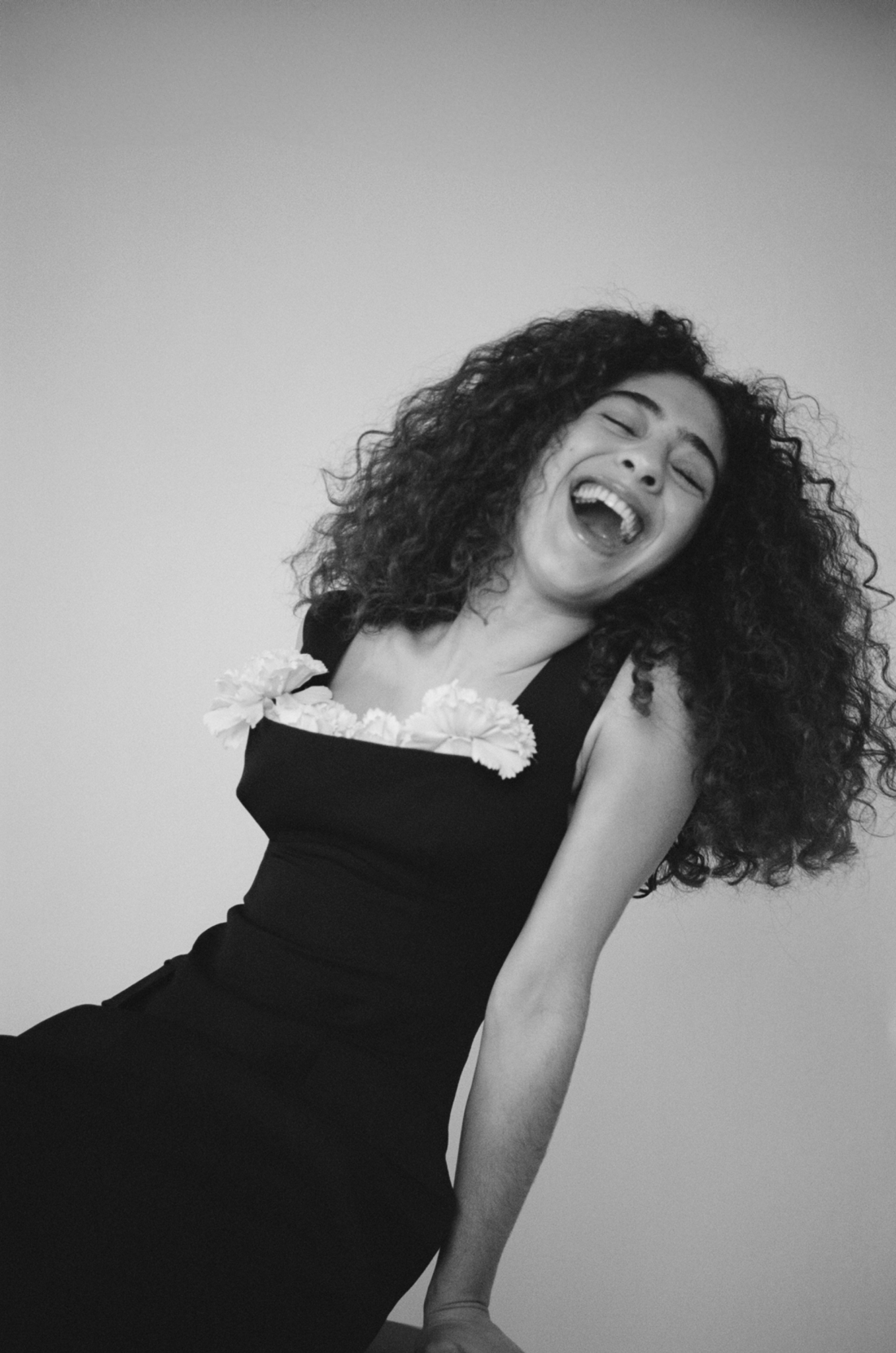
In the film there is a moment when they ask one another what they would do with eight minutes—the time it would take us to notice on earth if a star had died. And I ask her what she’d do for that herself. “I’d call my mum, because she lives in Wales, and tell her I love her,” she says. With two little brothers, her family are close-knit, even if they don’t quite understand the meaning of being an actor. “My mum’s the worst. Anything she’s seen of me she thinks is real. I did a short film where I get perved on by an older man and my mum sent the link back home and all of my cousins were like, why would he touch you like this? Why would you let him?” she jokes. “I’m like guys, it’s pretend. They genuinely think I’ve just been molested.”
Our conversation is on the day before Kurdish New Year—Newroz—a celebration of the arrival of spring, and a day you are supposed to spend out of the house. Hekmat explains proudly that the Kurds are a mountainous people without borders, meaning religions cross Sunni and Shia Islam, Yazidism, Yarsanism, Zoroastrianism and Christianity. The actor is filled with a sense of possibility for what is to come. Whilst she is grateful to modelling for the start it gave her, teaching her the foundations of “finding a persona, pretending to have a certain attitude,” the fashion industry already makes her feel old. Working in film feels like a new possibility. “It’s a much longer span in terms of career longevity. And I’m not afraid of it. I’m not afraid of it,” she says resoundingly. “I believe that what I’m doing is going to make sense in the long run.”
Ultimately Hekmat just likes being part of something. “For me, it’s not acting, it’s not like making a movie, it’s not doing any of the red carpets or anything like that. For me, it’s literally the fact that we are all here together, and we get to create something. That’s beyond,” she explains. “I’ll go wherever I’m asked,” she says. “South is my base, my comfort zone, but wherever someone books me, I’m there.”
Last Swim is in cinemas from April 4th
Deba Hekmat is wearing a stuffed carnation balconette bust dress and black curve wedge sandals by Simone Rocha.
Photography: Fatima Khan
Styling: Anna Pierce
Videographer: Luke Georgiades
Creative Direction: Broadpeak Studio
Creative Assistant: Kitty Spicer





